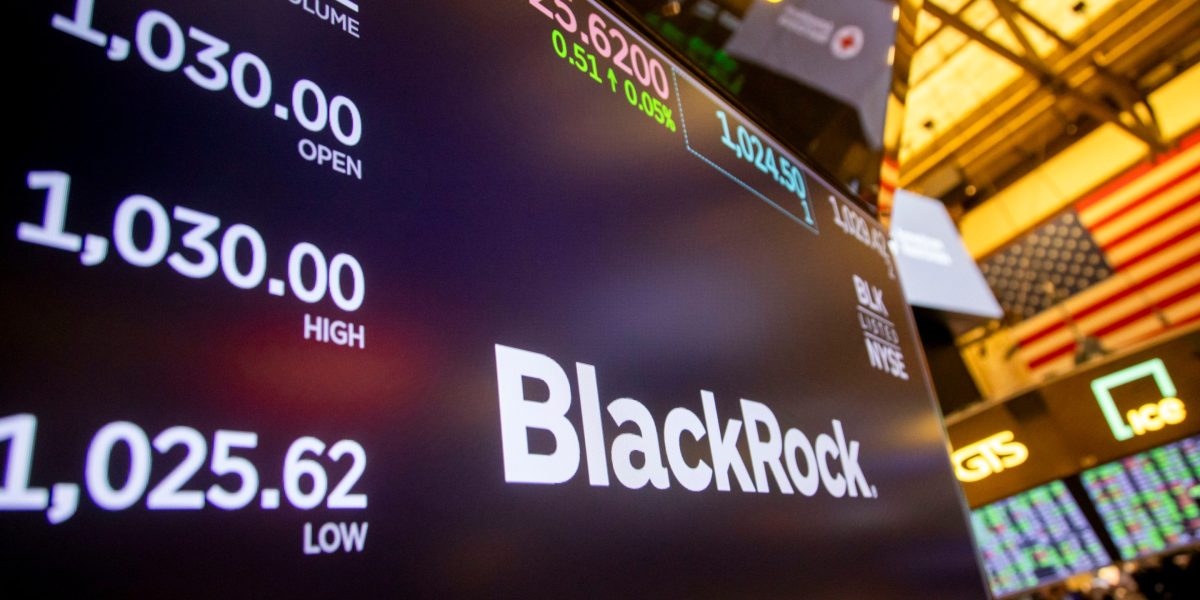
A new study highlights the potential health benefits of drinking milk daily, suggesting that a glass of milk may significantly reduce the risk of developing bowel cancer. This finding builds upon previous research emphasizing the role of diet in cancer prevention, particularly regarding dairy products rich in calcium.
Findings from Large-Scale Observational Study
Researchers at the University of Oxford conducted an extensive observational study involving over 500,000 women across Europe. Participants, primarily middle-aged or older, provided detailed dietary information via questionnaires.
The study revealed a clear connection between milk consumption and a reduced risk of bowel cancer. Women who consumed 200 grams of milk per day experienced up to a 14% decrease in risk.
This study, published in Nature Communications, underscores the protective role of dairy in gut health, particularly due to its high calcium content. Interestingly, other dairy products like yogurt were included in the analysis but showed weaker associations compared to milk.
Calcium as a Protective Agent
Calcium emerged as the primary factor behind milk’s protective effects. Consuming 300 grams of calcium daily, whether from dairy or other sources, was linked to a 17% reduction in bowel cancer risk. This aligns with broader evidence suggesting calcium’s role in maintaining gut health and preventing certain cancers.
The researchers noted that non-dairy calcium-rich foods, such as fortified soy products, might also provide similar benefits. However, the study did not include these alternatives extensively, leaving room for further exploration.
While the exact mechanisms remain under investigation, scientists hypothesize that calcium may neutralize bile acids and fatty acids in the gastrointestinal tract, reducing their carcinogenic potential.
Contextualizing Bowel Cancer Risks
Bowel cancer, also known as colorectal cancer, has been on the rise globally. Experts attribute this trend to unhealthy dietary habits, including high consumption of processed and red meats, and excessive alcohol intake. In the current study, alcohol consumption and processed meat intake were among the strongest risk factors for bowel cancer.
For example:
- Drinking two standard alcoholic drinks daily was associated with a 15% increase in bowel cancer risk.
- Eating 30 grams of processed or red meat daily raised the risk by 8%.
In contrast, calcium-rich foods, particularly milk, showed protective effects, suggesting that dietary adjustments could help mitigate these risks.
Milk May Help, But It’s Not a Miracle Cure
Despite its robust findings, the study has notable limitations. Observational studies like this can only establish correlations, not causation. Critics, including David Nunan from the University of Oxford’s Evidence-Based Medicine Center, caution against overinterpreting the results.
Moreover, while milk and calcium were highlighted as protective, not all dairy products demonstrated similar effects. Ice cream and cheese, for instance, were excluded from the list of beneficial foods, likely due to their fat and sugar content.
Implications for Dietary Choices
The study aligns with broader recommendations emphasizing the importance of a balanced diet in cancer prevention. Researchers estimate that up to 50% of bowel cancers could be prevented through lifestyle changes, including healthy eating habits.
Key takeaways include:
- Limiting alcohol consumption and avoiding processed, and red meats can significantly reduce bowel cancer risk.
- Incorporating calcium-rich foods, both dairy and non-dairy, may provide protective benefits for gut health.
- Further research is needed to explore the potential of non-dairy calcium sources, particularly for individuals with dietary restrictions or lactose intolerance.
Broader Research on Dairy and Gut Health
This study adds to a growing body of evidence linking dairy consumption with reduced risks of various cancers. Previous research has suggested that milk and yogurt, in particular, may help lower risks of colorectal and other gastrointestinal cancers due to their unique nutrient profiles, including calcium, probiotics, and proteins.
Interestingly, unrelated studies have also found correlations between coffee consumption and reduced bowel cancer risks, though the mechanisms differ. Together, these findings highlight the complex interplay between diet and cancer prevention, emphasizing the need for tailored dietary recommendations based on individual health profiles.
Moving Forward with Research
While this study offers promising insights, it raises important questions about the role of calcium and dairy in cancer prevention. Future research should focus on:
- Conducting randomized controlled trials to establish causation.
- Investigating the long-term impacts of non-dairy calcium sources.
- Understanding the mechanisms by which calcium and other nutrients in milk influence cancer risk.
The findings underline the importance of personalized nutrition in cancer prevention strategies. By identifying specific dietary components that protect against cancer, researchers can guide public health policies and individual choices.
Got a reaction? Share your thoughts in the comments
Enjoyed this article? Subscribe to our free newsletter for engaging stories, exclusive content, and the latest news.





Leave a Comment